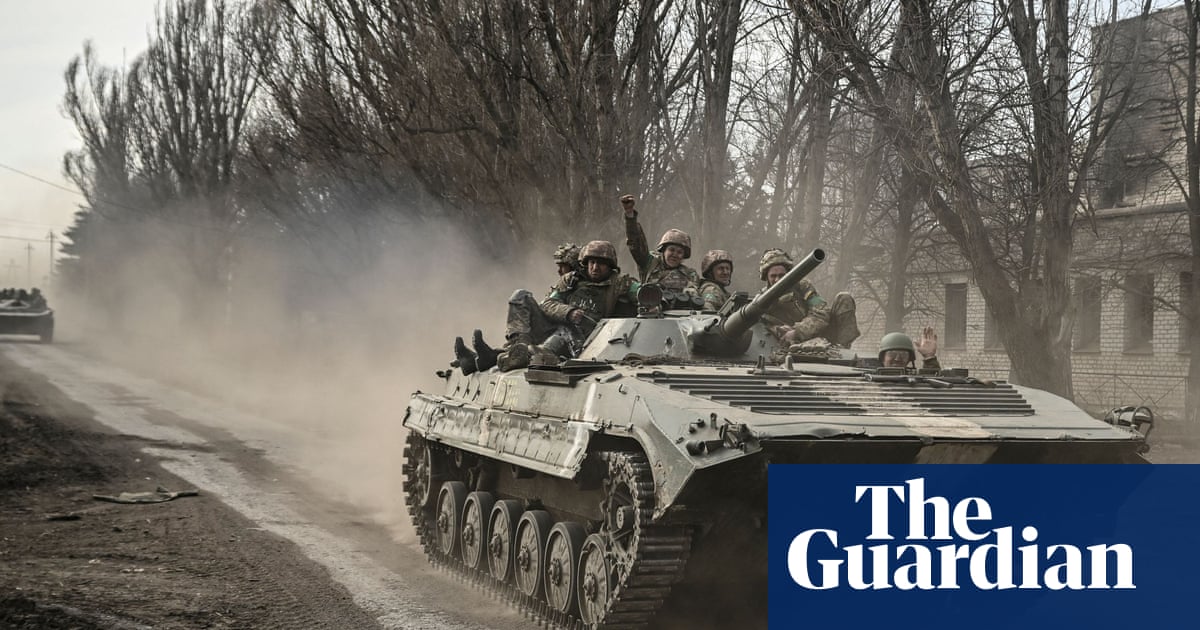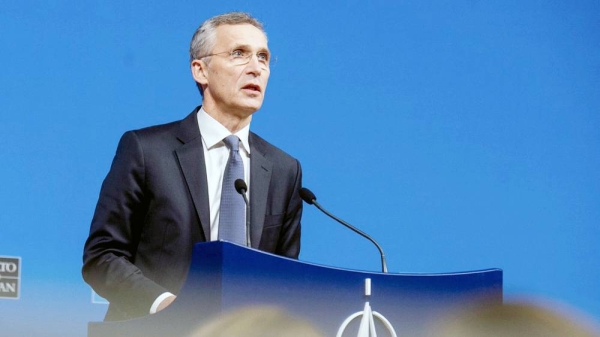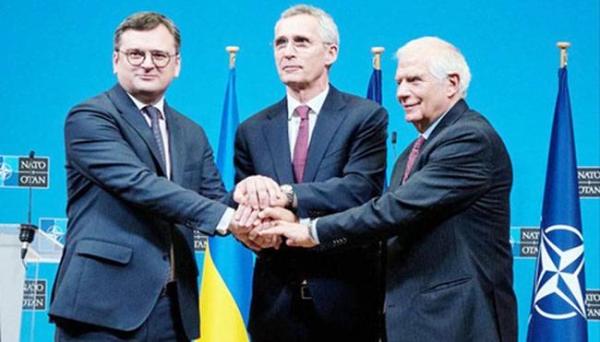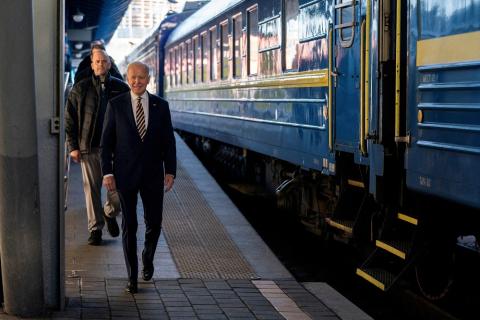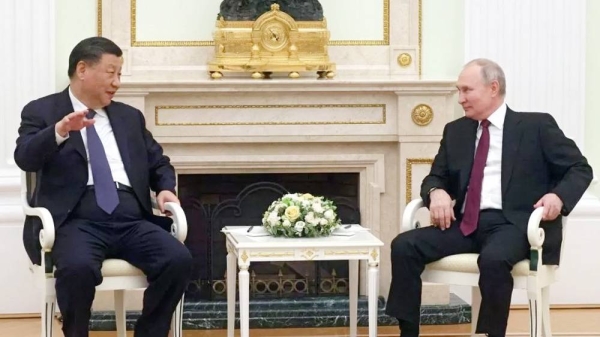
Many people claim that the world before the war in Ukraine will never be seen again. It certainly seems that, instead of reducing nations’ reliance on NATO, the Russia-Ukraine conflict has actually reinforced the need for the transatlantic alliance, even among traditionally neutral countries.
If the pandemic ushered in second thoughts about the benefits of globalization, the war in Ukraine has put defense policies and the need to rearm and cement alliances to ensure nations’ security individually or as part of blocs at the forefront of the travails of most Western countries.
Clearly, NATO is not going anywhere anytime soon, as Western countries are scrambling to increase their defense spending and improve their armies’ readiness and capabilities for what looks like a new cold war.
So, thanks to Russia, countries are rushing to abandon neutrality and are making bids to join NATO, the EU and other structures in a bid to shield themselves from the winds of change blowing from the east. Alarmingly, the tenets of sovereignty, the right to self-determination, nonaggression, respect of international laws, interdependence and the promotion of a quasi-liberal economy have been shaken. Therefore, the next decade is likely to witness a shift toward militarism, power posturing and the shrinking of neutrality as more European states look to join the NATO alliance, a military behemoth we all thought was “brain dead,” as French President Emmanuel Macron said in 2019.
Moscow has long been apprehensive of NATO’s enlargement and, though its Ukraine operation was started in an attempt to deter further enlargement, the invasion has actually served to refocus states’ efforts to be part of various security umbrellas. Individual states are also increasing their defense spending, while NATO Secretary-General Jens Stoltenberg expects the summit in Madrid at the end of June to be a “historic” opportunity to strengthen the alliance in the face of Russian aggression and to “chart the way ahead for the next decade,” including welcoming new members like Sweden and Finland.
To remain relevant, NATO needs to redefine its strategic priorities, which Stoltenberg said should include facing Chinese ambitions, the rise of anti-democratic states, climate change and instability in Africa. This is all in addition to the pressing issue of finding the necessary consensus among member states to continue their support for Ukraine in a way that deters further aggression from Russia.
NATO’s 73-year history demonstrates its resilience and, so far, its adaptability through countless strategic reviews, which have seen the alliance evolve to meet various challenges. The war in Ukraine could be the catalyst for a renewed alliance, with objectives that are more aligned to the adversities of the 21st century.
It was France’s withdrawal from the alliance’s military command structure in 1966 that pushed it to produce a report that guided its philosophy for the next 50 years. The 1967 report produced by then-Belgian Foreign Minister Pierre Harmel called for the pursuit of a “two-track approach,” combining strong military deterrence with the willingness to embrace detente and dialogue with the Soviet Union. The alliance’s drive for a quasi-stable world did not deter NATO from welcoming old Warsaw Pact nations through its Partnership for Peace program, which Moscow itself joined in 1994.
The NATO-Russia Council, whose work has been suspended since Russia’s annexation of Crimea in 2014, promoted partnership and cooperation to strengthen security and stability in the Euro-Atlantic sphere. Its principles included calling for the respect of democracy, pluralism and the rule of law, refraining from the use of threats or force, the prevention of conflict, and cooperation in peacekeeping under the UN’s authority.
It is in this spirit that NATO must conduct a new strategic review in order to realign its priorities so that it can survive and stay relevant in the long term. Challenges such as the changing nature of warfare, asymmetric wars, hybrid conflicts, the taming of cyberspace, terrorism, migration and climate change, while ensuring a technological edge, are the issues in play if the alliance is to remain relevant.
Most pressing though is to find a formula to end the conflict in Ukraine that will not reward Russia for its invasion, while providing its current or future leadership a ladder on which it can climb down and return from the cold, maybe through refraining from calling the current war “a battle between democracy and autocracy,” as it has been framed by US President Joe Biden. This might alienate countries like China, which can play a role in persuading Russia to change course, despite the many lines crossed on the leadership level that cannot easily be uncrossed.
The next decade is likely to witness a shift toward militarism, power posturing and the shrinking of neutrality.
Mohamed Chebaro
Even if Russian President Vladimir Putin is persuaded to end the war by Ukraine ceding territory, which could be seen as a form of appeasement, it is going to take decades to return to the relatively stable Russian-NATO relations that existed before February’s invasion. And though everything must be done to avoid a new cold war, Russia is unlikely to see the sanctions against it removed soon. So, it could continue as it did in the past decade — testing NATO and Western resolve through countless soft-power disinformation campaigns and direct action like cyberattacks on infrastructure. This is why NATO will remain a cornerstone for Western countries to adapt to and deal with the challenges that could be seen as existential to peace, stability and the freedom of the world generally and to Western countries specifically.
Mohamed Chebaro is a British-Lebanese journalist, media consultant and trainer with more than 25 years’ experience covering war, terrorism, defense, current affairs and diplomacy.




